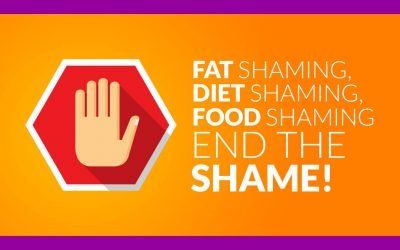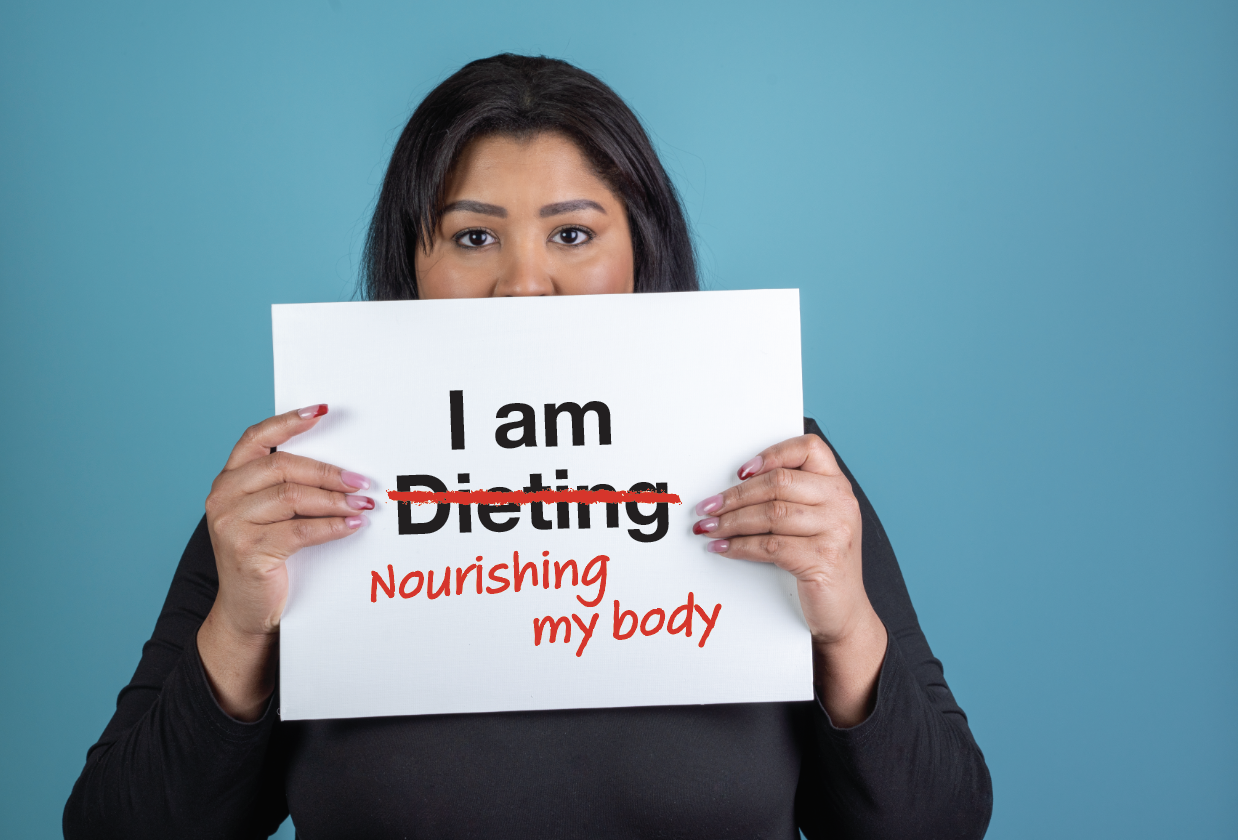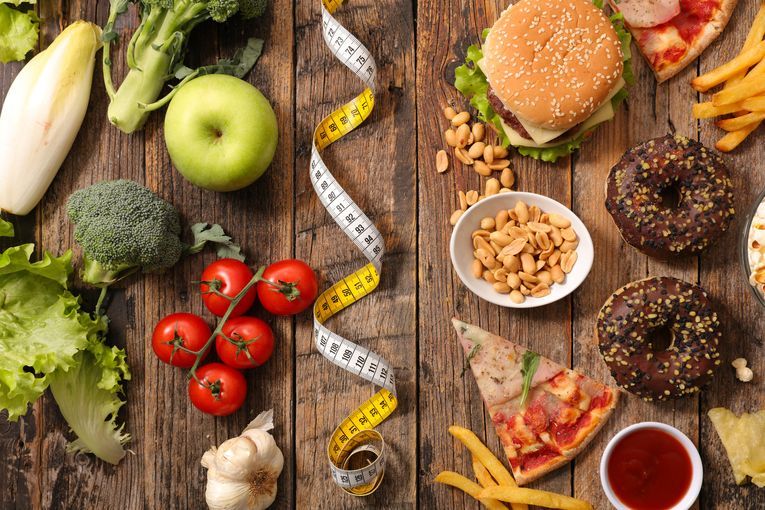Cyberbullying and shaming run rampant online, sometimes even in the weight loss, fitness, and body positive communities. But bullying and shaming in person are no less damaging and painful. It can often feel like there is no “right” way to look: overweight and even healthy weight individuals are fat shamed, and overweight people who try to lose weight are diet shamed. So, how do you deal with people who shame you for your body type or efforts to get healthier?
Let’s start with clarifying what shame and shaming are: shame is the feeling you get when you’ve done something wrong, while shaming is the act of making someone else feel bad. No matter what size you wear or how much you weigh, you have not done anything “wrong,” so you have absolutely no reason to feel shame.
Fat Shaming is inherently cruel. It affects how overweight and obese people are treated by everyone from strangers to coworkers, supervisors, professional service providers, and even healthcare professionals. The stigma around fat and people who have extra fat only contribute to fat shaming. The absolutely false idea that overweight or obese people aren’t trying hard enough is one of the worst sources of fat shaming. If someone tries to shame you for your weight, shut them down! You can simply walk away, or more boldly tell the person that their actions or comments are hurtful.
Diet Shaming is a type of Health or Fitness Shaming that targets people because they are committed to weight loss, weight maintenance or healthy eating, or physical fitness. Some diet shamers want you to fail in your weight loss efforts, but some are jealous of your commitment, your hard work, and your success. Others might simply be unaware that they are hurting you. Jealous shamers might make subtle comments like “I’d rather die than give up carbs,” while the naysayers will more directly say, “You’ll never lose the weight” or “Your other diets didn’t work, what makes you think this will?” If you’re still in the midst of your weight loss journey, these comments can be hurtful—especially if you’re struggling to lose weight or stay committed.
To combat diet shaming, focus on why you want to lose weight and live healthier, recommit, and keep moving forward. You could share your motivations with the would-be shamer, or simply ignore them and focusing on yourself. One helpful trick is to post positive quotes, reminders of your specific motivators—like, “I want to travel more” or “I want to be more comfortable when I walk,” around your desk or any place you frequently are. These daily reminders will not only empower you to move past potential shamers or feeling shamed, but also relight the fire you need to keep up your efforts.
If you’ve already succeeded in reaching your weight and health goals, you are more likely to encounter jealous Diet Shamers, or other types of Body and Food shaming.
Food Shaming occurs when people—well-meaning or otherwise—criticize or question your nutrition, portion size, or the types of food you choose. When you encounter Diet, or Food Shamers, reflect on how much you’ve accomplished and remind yourself why you chose to follow through on your weight loss goals. While you can always offer to support a friend or family member in their weight loss efforts, they may not want or be ready to accept help, and that’s okay.
No matter what type of shamer you encounter, your health, weight, and well-being are deeply personal. Whether you are working on losing weight, have worked hard to lose and maintain your weight, or are naturally slender, the key to dealing with any Body or Food shamer is to focus on your own body positivity and motivations. Walk away (or keep scrolling) from people who think they have a right to an opinion on your body or eating habits. You do not have to defend yourself to other people. You have decided to commit to your journey, end of story.
Our recent Posts
View Other Blogs


Browse and read our blogs to learn more about our tips and tricks.





